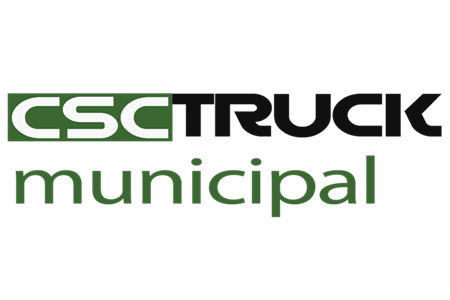Sewage trucks, also known as vacuum trucks or sewer trucks, play a crucial role in maintaining the cleanliness and hygiene of our cities and towns. These specialized vehicles are designed to collect and transport sewage and other liquid waste materials from residential, commercial, and industrial areas to treatment plants or disposal sites. In this article, we will explore the different types of sewage trucks, their features, and the benefits they offer.
Types of Sewage Trucks
- Vacuum Tanker Trucks: Vacuum tanker trucks are the most common type of sewage truck. They are equipped with a large vacuum pump and a storage tank. The vacuum pump creates suction, allowing the truck to extract sewage and other liquid waste materials from underground septic tanks, manholes, and sewer lines. The waste is then stored in the tank until it can be safely disposed of or transported to a treatment facility.
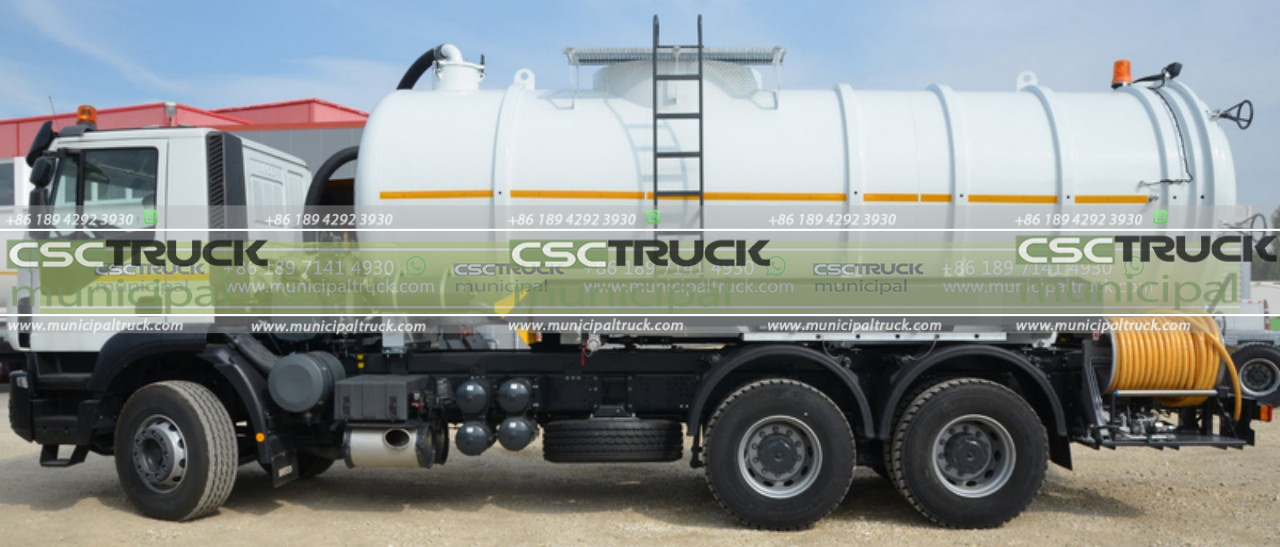
- Jetting Trucks: Jetting trucks, also known as jet-vac trucks, combine the functions of a vacuum tanker and a high-pressure water jetting system. In addition to collecting sewage, these trucks can also clean sewer lines and remove debris and blockages. The high-pressure water jetting system can break up stubborn clogs and flush out the pipes, ensuring the smooth flow of sewage.

- Combination Trucks: Combination trucks are versatile vehicles that combine the features of vacuum tanker trucks and jetting trucks. They are equipped with both a vacuum system and a high-pressure water jetting system. This allows them to efficiently collect sewage and clean sewer lines, making them ideal for municipal applications where both tasks need to be performed.
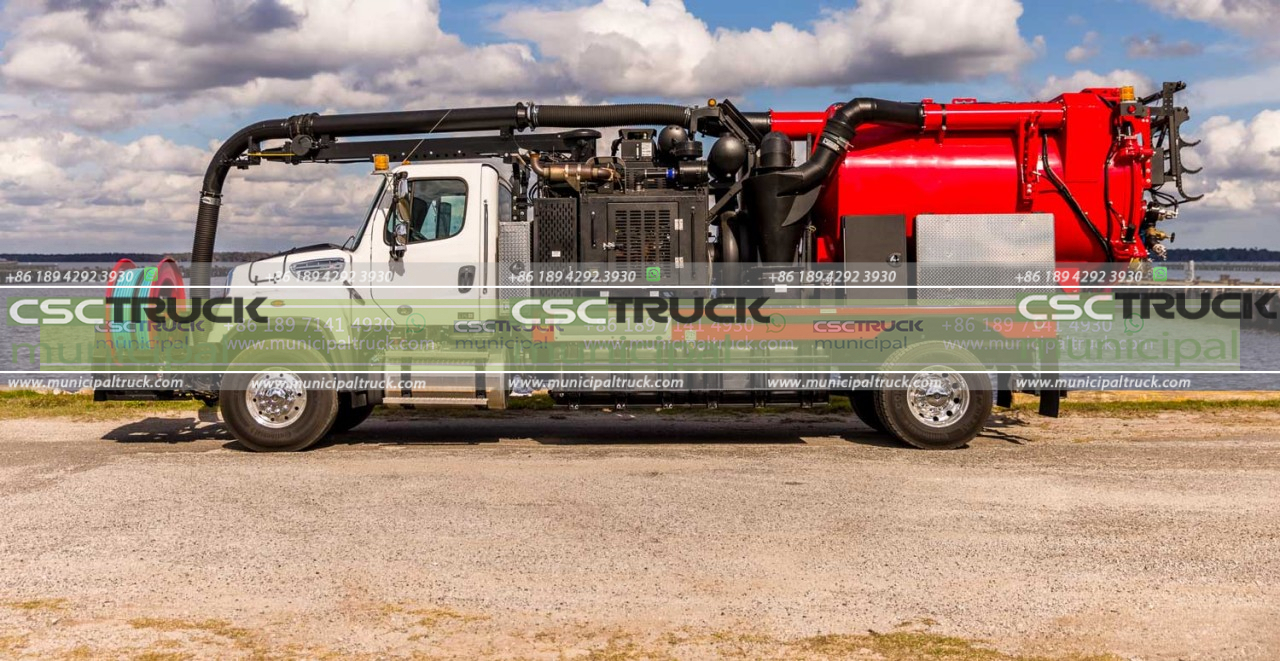
Features of Sewage Trucks
- Vacuum System: The heart of a sewage truck is its vacuum system. It consists of a powerful pump that creates suction to extract sewage and liquid waste. The pump is typically driven by a power take-off (PTO) unit connected to the truck’s engine. The suction is created by reducing the pressure inside the tank, which pulls the waste material into the tank.
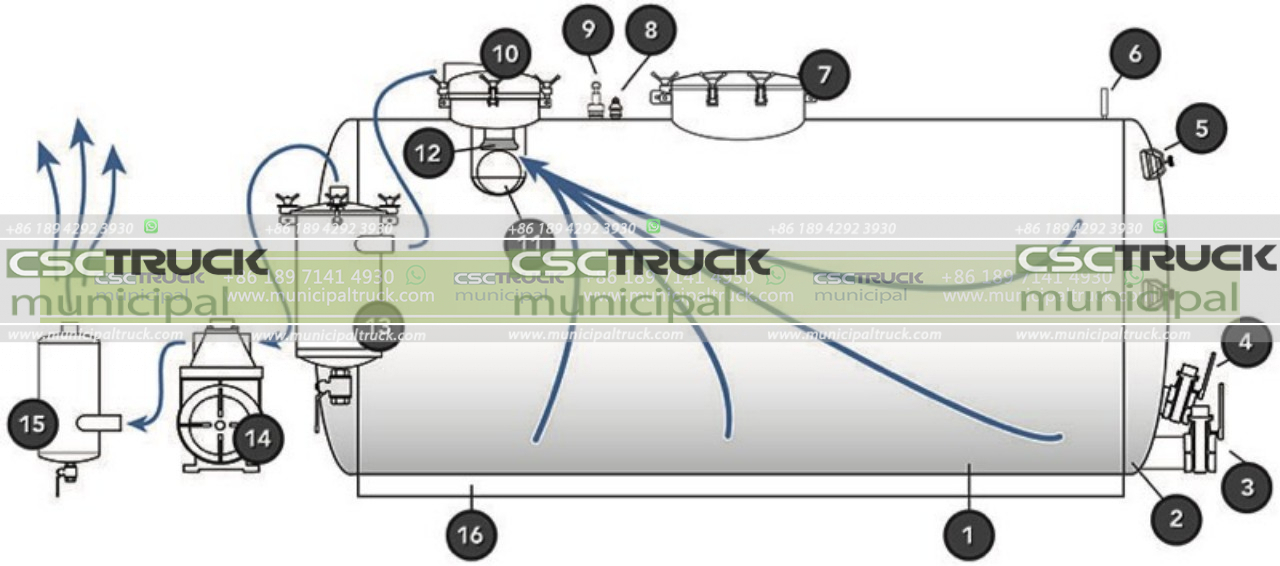
- Storage Tank: The storage tank of a sewage truck is designed to hold large volumes of liquid waste. It is usually made of durable materials such as steel or aluminum to withstand the corrosive nature of sewage. The tank may have compartments to separate different types of waste, and it should be equipped with safety features to prevent leaks and spills.
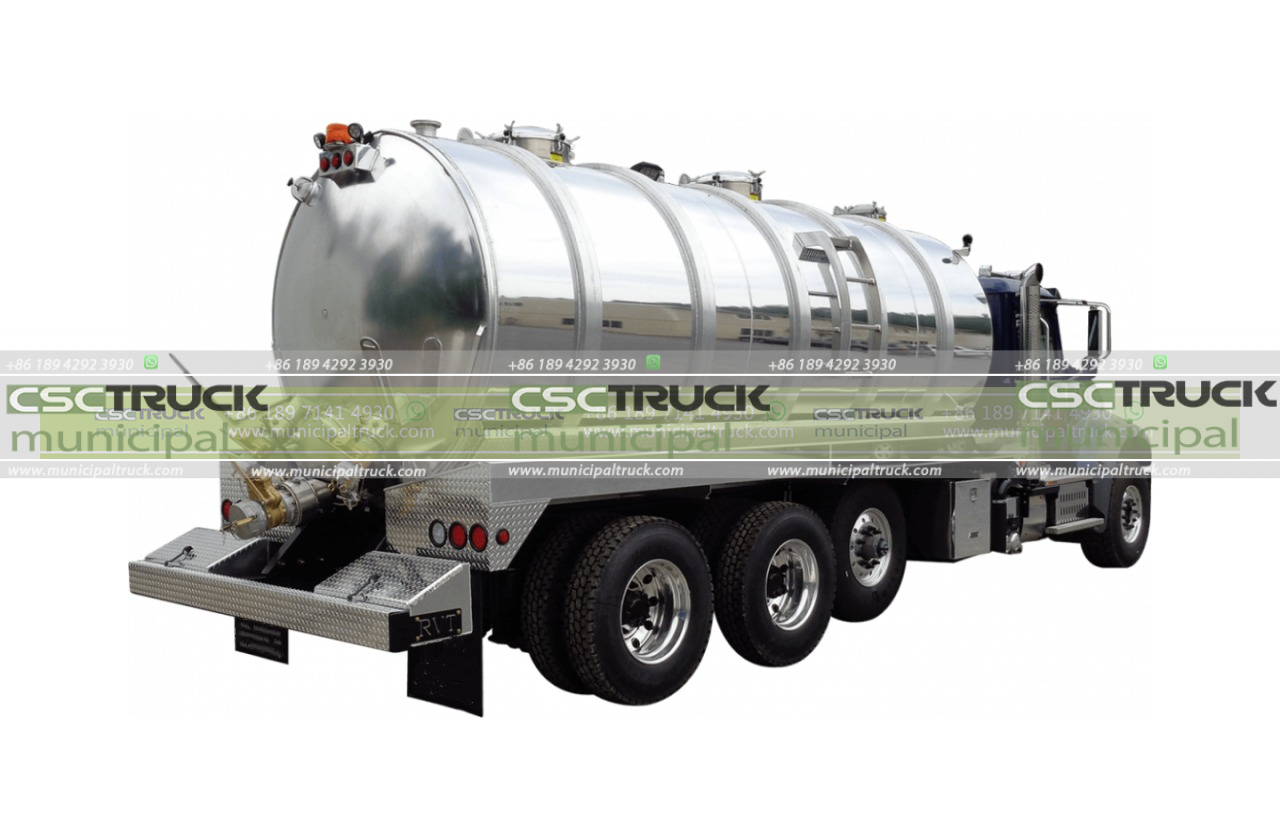
- Water Jetting System: In jetting and combination trucks, a high-pressure water jetting system is incorporated. It typically consists of a water tank, a pump, and a specialized nozzle. The water is pressurized and sprayed through the nozzle, allowing it to dislodge clogs, remove debris, and clean the sewer lines effectively.
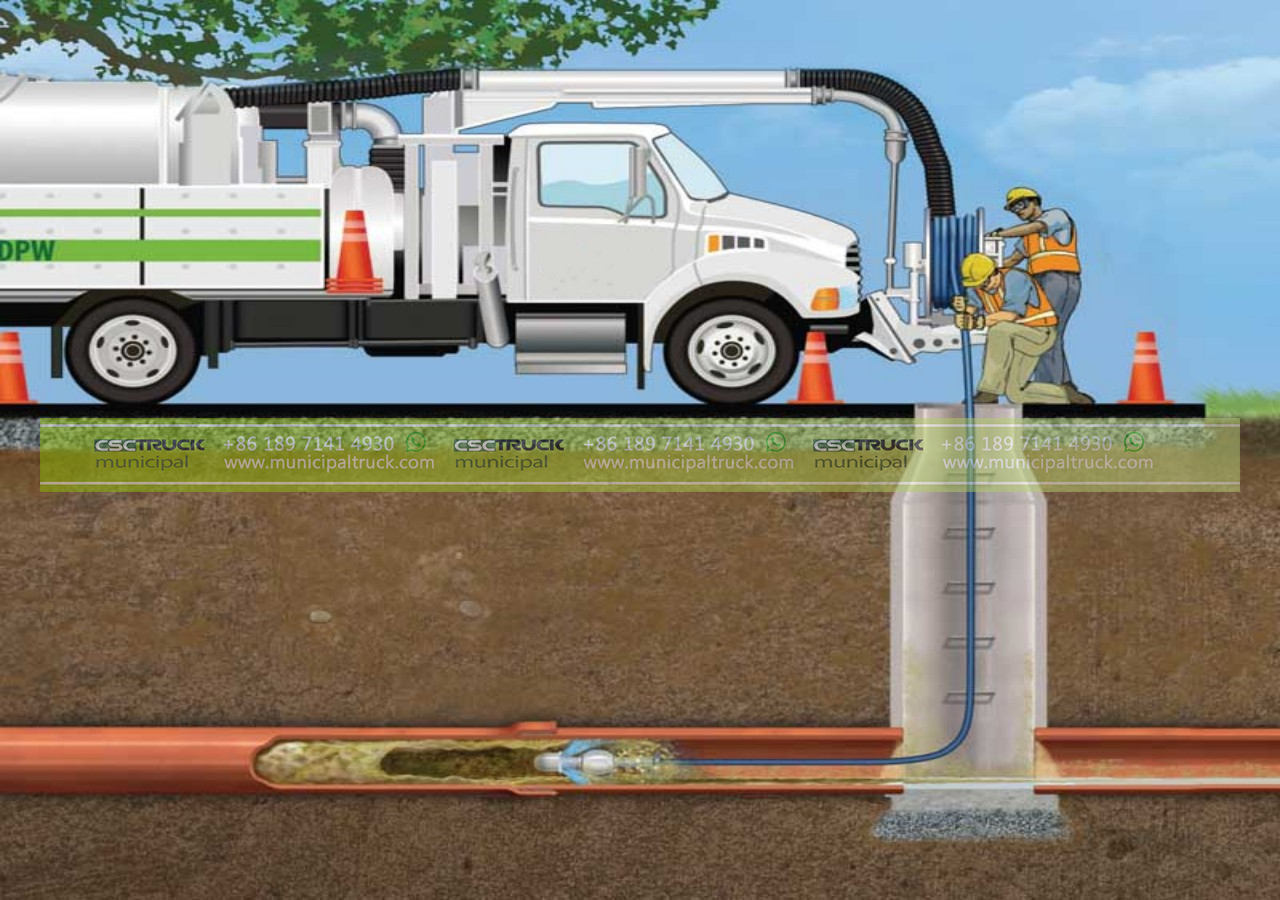
Benefits of Sewage Trucks
- Efficient Waste Collection: Sewage trucks offer a highly efficient method of collecting and transporting liquid waste. Their powerful vacuum systems and large storage tanks enable them to handle substantial amounts of sewage in a single trip. This efficiency saves time and reduces the number of trips required, resulting in cost savings and increased productivity.
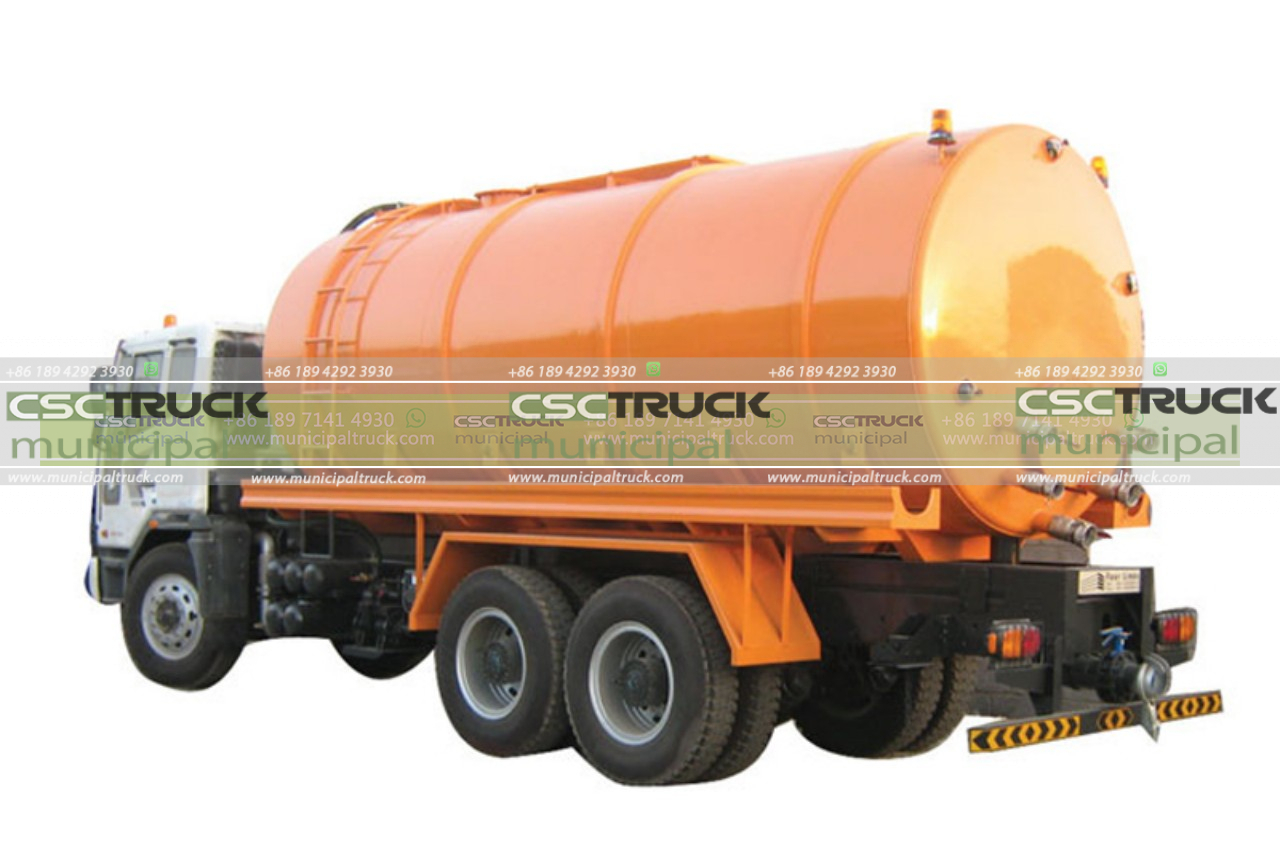
- Improved Hygiene and Sanitation: Proper waste management is essential for maintaining hygiene and sanitation standards in any community. Sewage trucks play a vital role in this regard by effectively removing sewage and preventing the spread of harmful pathogens and contaminants. By promptly collecting and transporting waste to treatment facilities, they contribute to a healthier environment and reduce the risk of waterborne diseases.
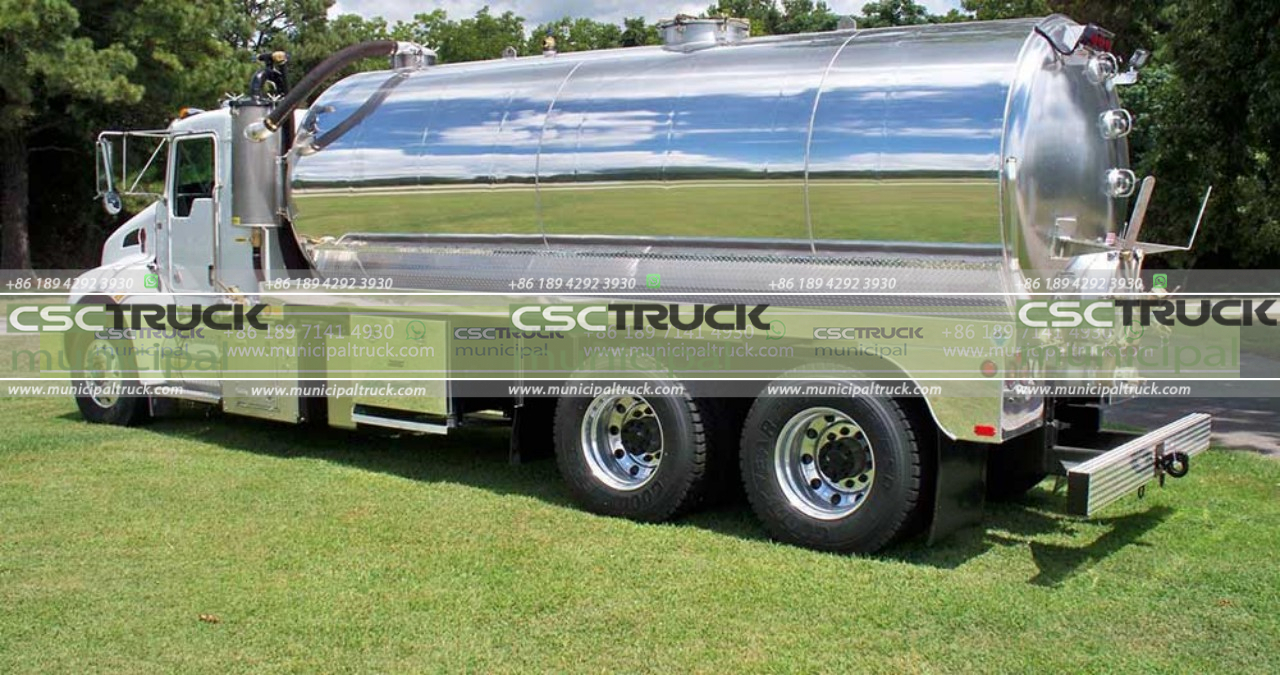
- Versatility and Flexibility: Different types of sewage trucks offer varying functionalities, allowing them to adapt to diverse situations. Vacuum tanker trucks are excellent for routine waste collection while jetting trucks and combination trucks are suitable for cleaning and maintenance tasks. The versatility of these vehicles makes them valuable assets for municipal authorities, plumbing contractors, and industrial facilities, as they can address a wide range of sewage-related needs.
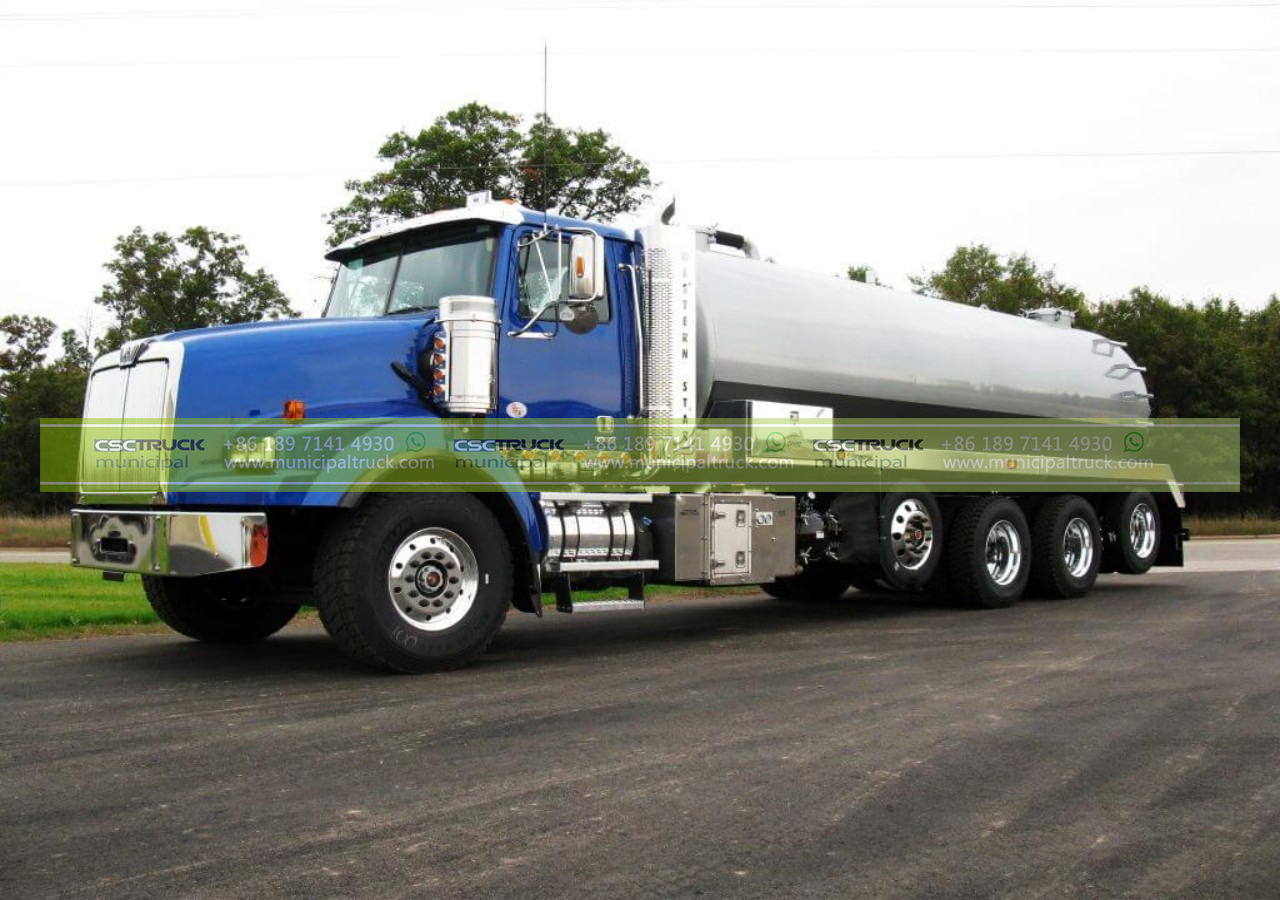
- Prevents Blockages and Damage: Regular maintenance and cleaning of sewer lines are essential to prevent blockages and damage. Sewage trucks equipped with water jetting systems can remove debris, grease, and other obstructions effectively that can lead to clogs and backups. By proactively addressing these issues, sewage trucks help maintain the functionality and longevity of the sewer infrastructure, reducing the risk of costly repairs and disruptions to the community.
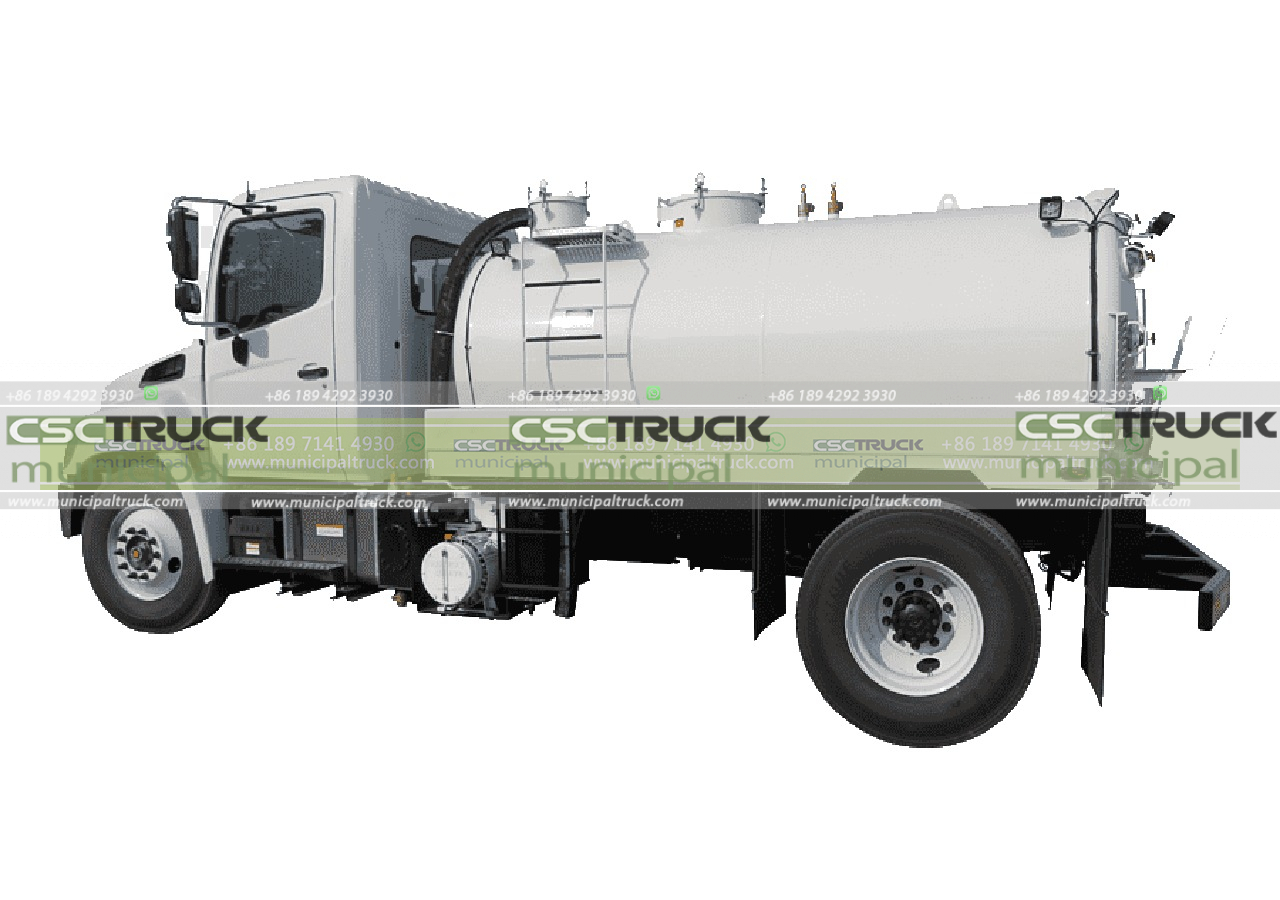
- Environmentally Friendly: Proper disposal and treatment of sewage are crucial for protecting the environment. Sewage trucks play a significant role in this process by safely transporting waste to treatment plants where it can be processed and treated. This helps prevent the contamination of water sources, soil, and ecosystems. Moreover, some sewage trucks are designed with advanced filtration systems that separate solids and liquids, allowing for the safe disposal or recycling of waste.
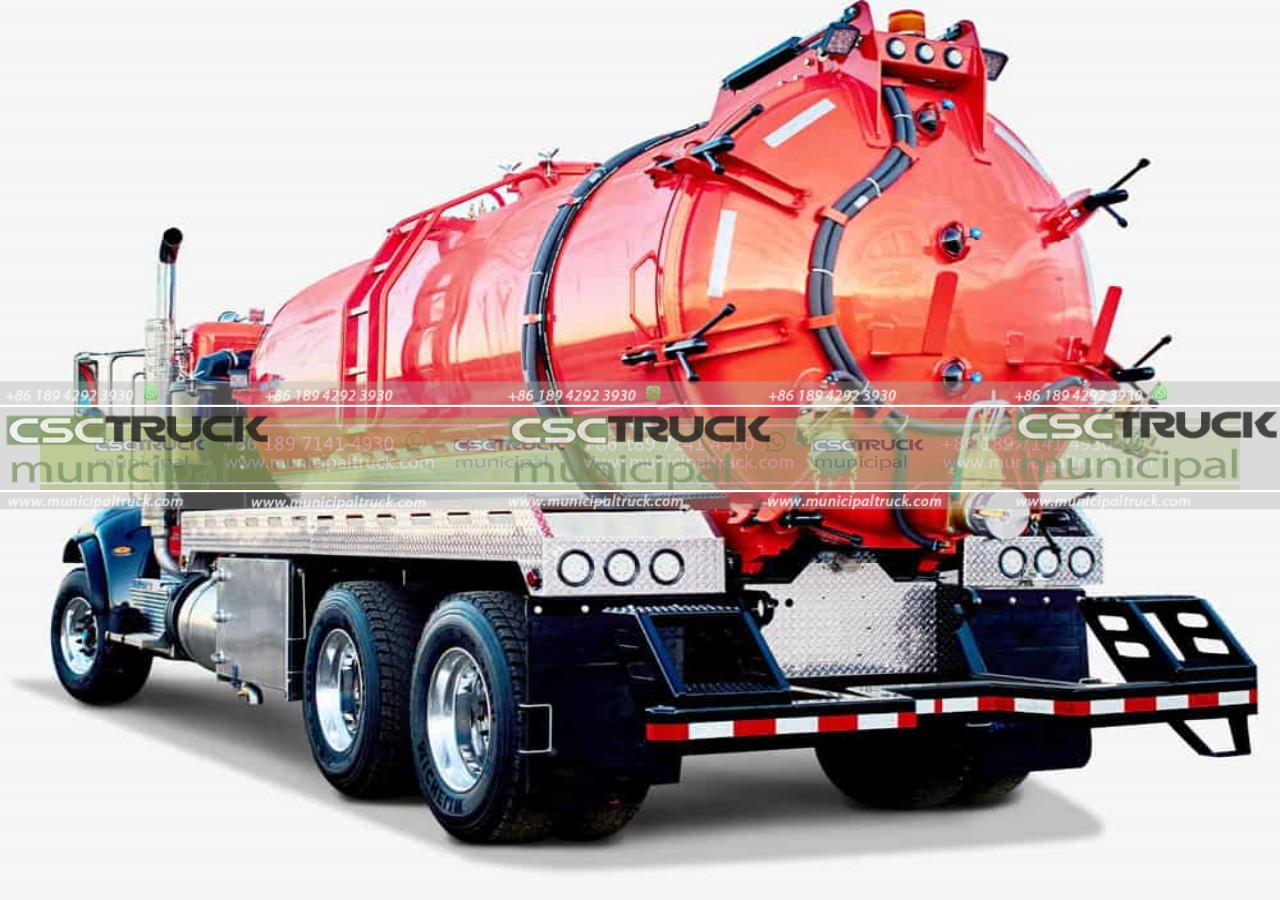
- Compliance with Regulations: Sewage management is subject to various regulations and guidelines to ensure public health and environmental safety. Sewage trucks are designed to meet these standards, with features such as leak-proof tanks, safety valves, and proper waste disposal mechanisms. By utilizing these vehicles, businesses and municipalities can ensure compliance with regulatory requirements, avoiding fines and penalties.
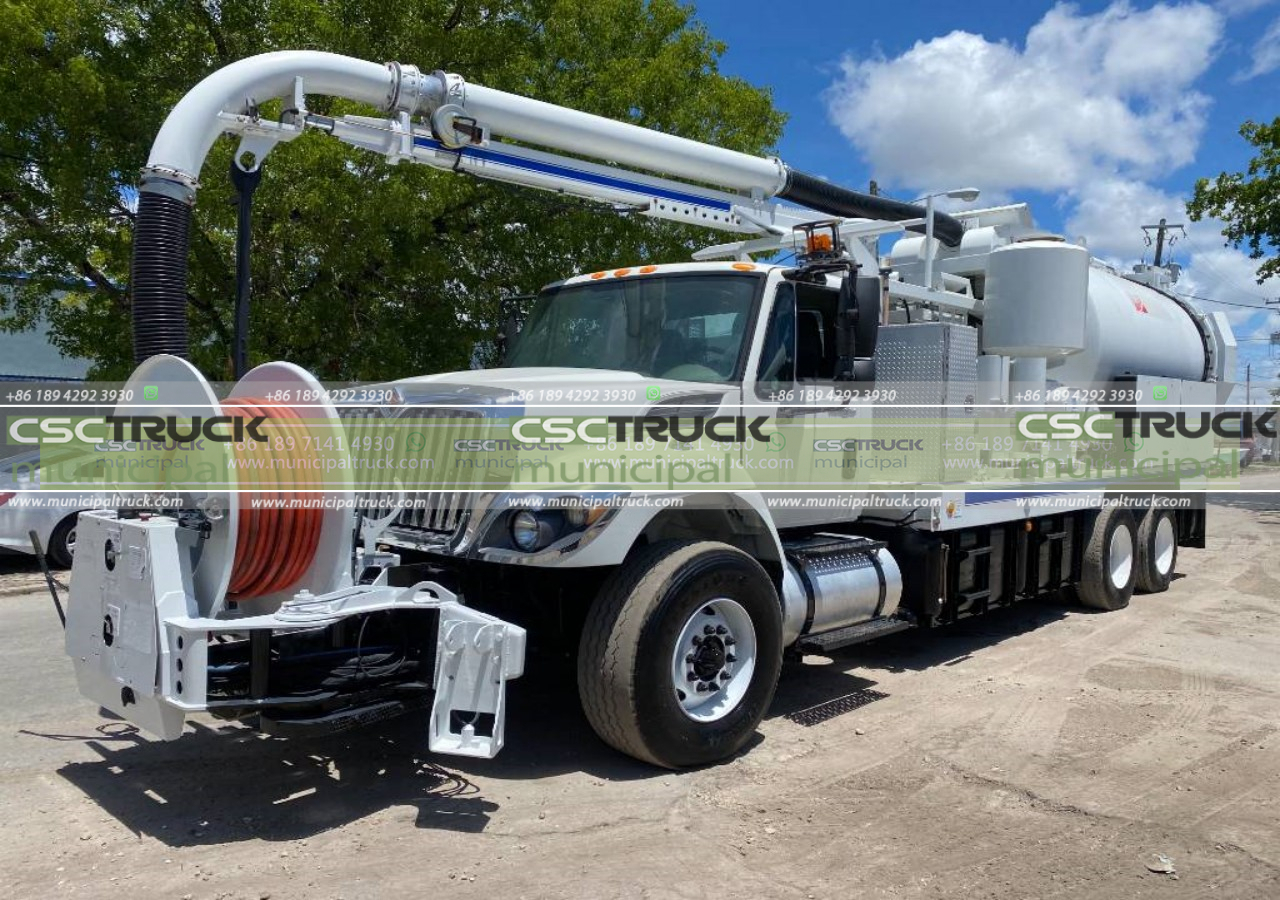
- Emergency Response: During emergencies such as natural disasters or infrastructure failures, sewage trucks play a crucial role in managing the aftermath. They can remove sewage and wastewater from affected areas quickly and efficiently, preventing further contamination and health hazards. Their mobility and ability to access hard-to-reach locations make them indispensable in emergency response situations.
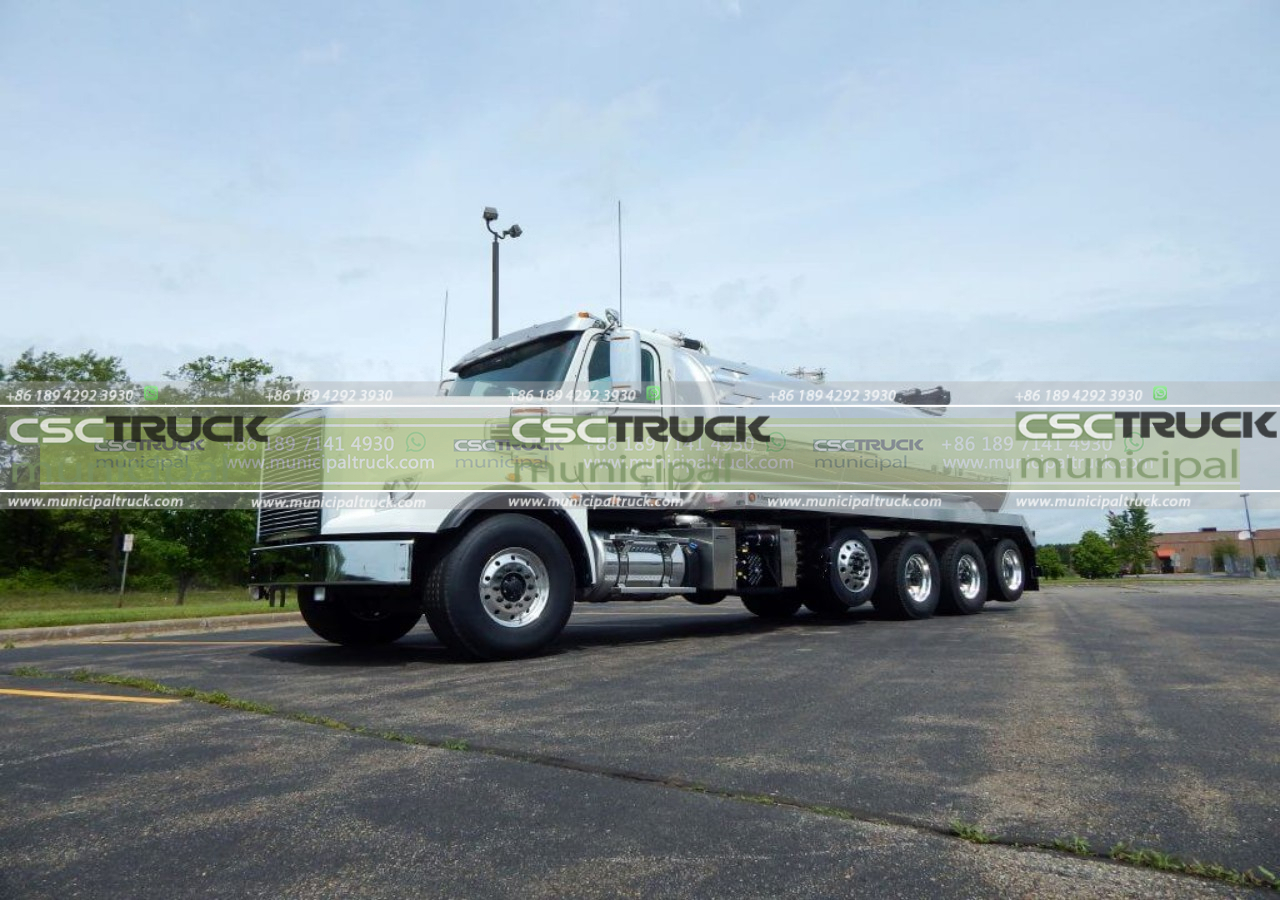
In conclusion, sewage trucks are essential vehicles for the efficient collection, transportation, and maintenance of liquid waste. They come in different types, including vacuum tanker trucks, jetting trucks, and combination trucks, each offering unique features and functionalities. These trucks provide numerous benefits, including efficient waste collection, improved hygiene and sanitation, versatility, prevention of blockages and damage, environmental friendliness, compliance with regulations, and effective emergency response. With their vital role in maintaining cleanliness and protecting public health, sewage trucks are an indispensable part of modern waste management systems.
Contact us for this municipal truck or similar trucks: [email protected] Call us or What's APP us: +86 189 4292 3930
